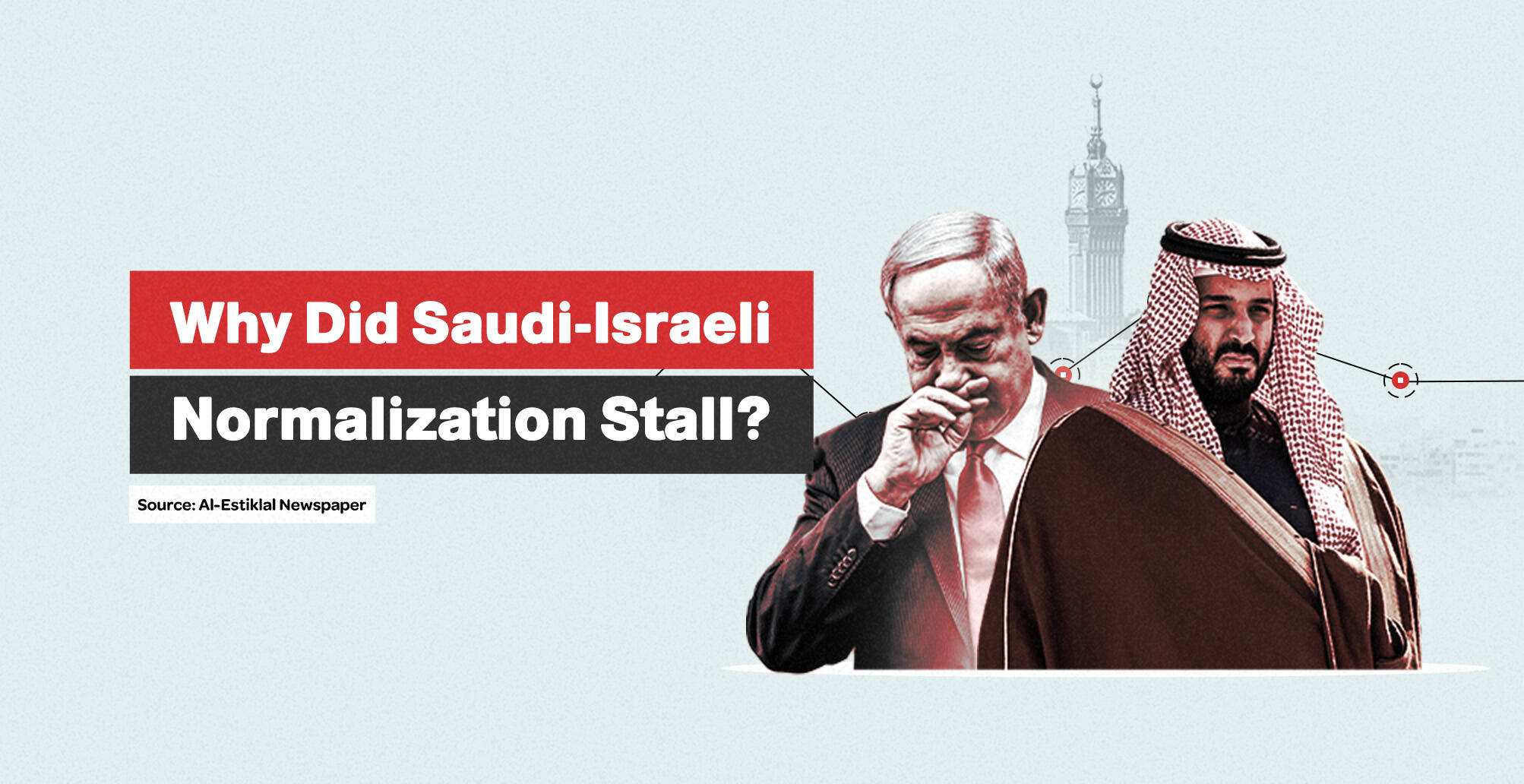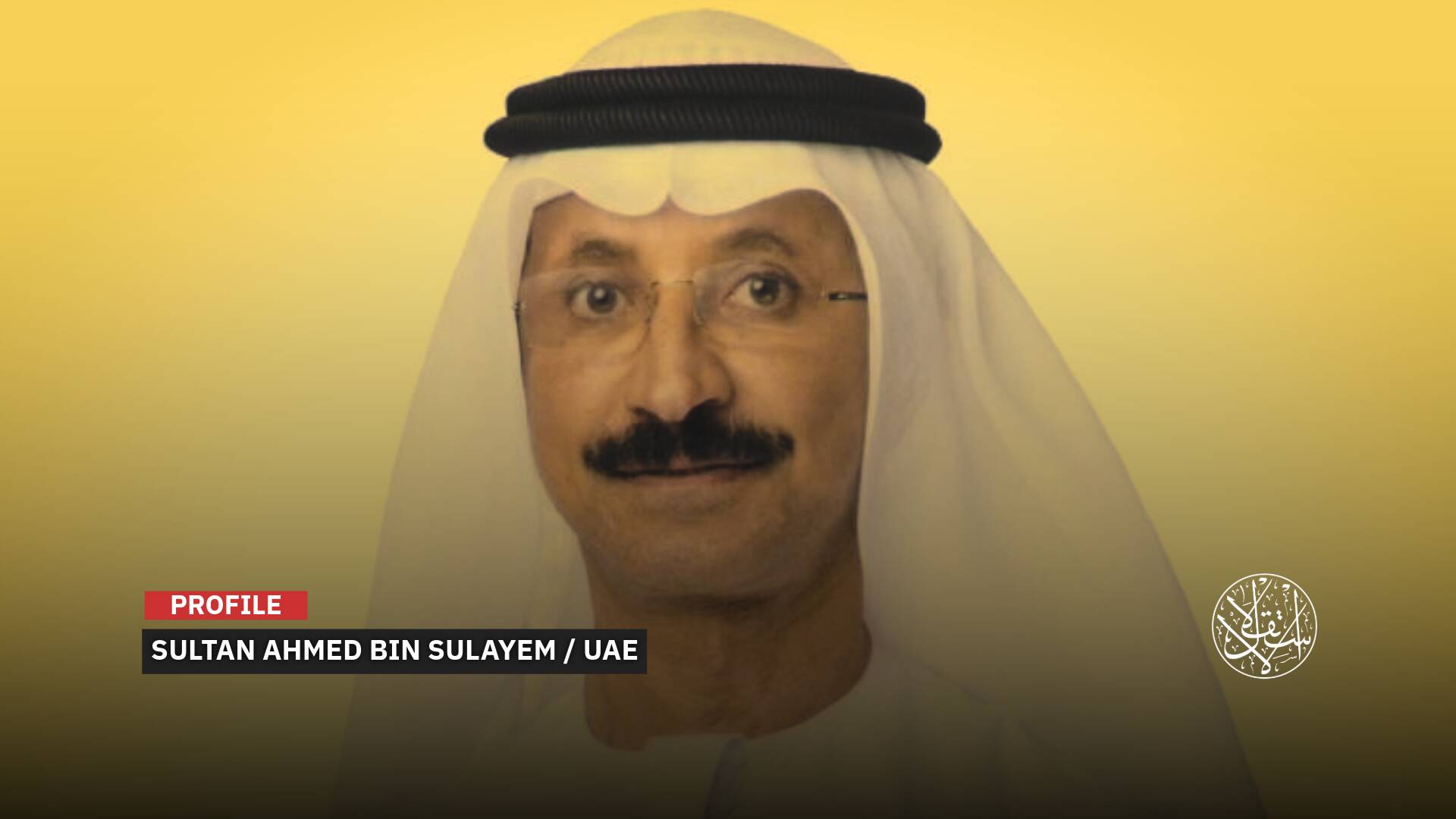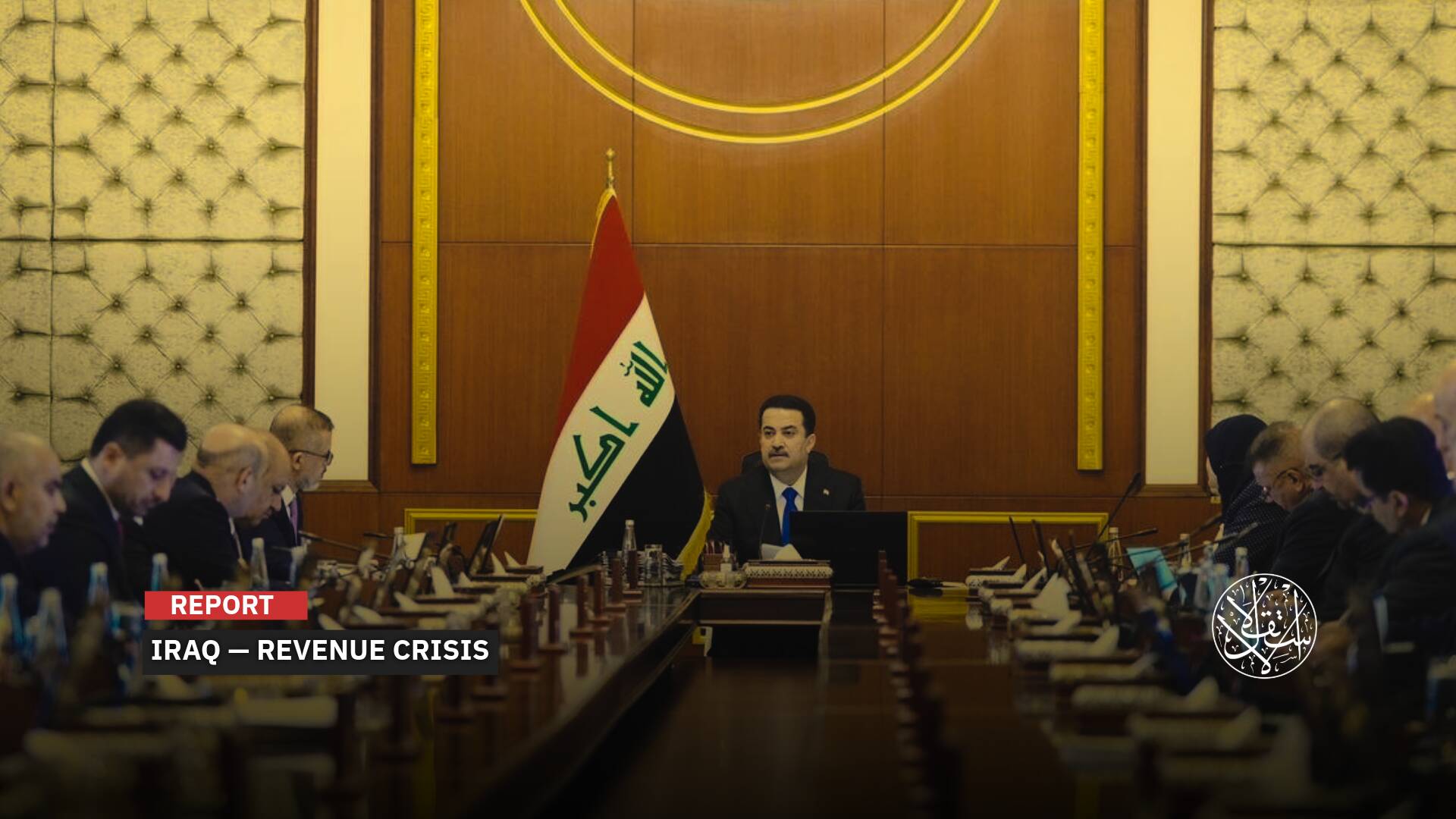Mossad-Ukraine Cooperation: Background, Objectives, and Russia’s Monitoring Strategy

Moscow is concerned about the cooperation between Mossad and Kyiv.
Remarkably, the Russia-Ukraine conflict has become closely linked to the tumultuous Middle East, fueled by Israeli aggression in Gaza and Lebanon, and escalating tensions with Iran.
Intelligence Online said Moscow is concerned about the cooperation between Mossad and Kyiv in areas of strategic intelligence sharing, particularly regarding transfers of anti-drone technology.

Kremlin Concerns
Under U.S. guidance, Ukrainian and Israeli intelligence agencies are advancing talks to forge a stronger cooperative alliance, Intelligence Online has learned.
This collaboration is especially notable, as both sides hold assets that could be strategically used against their respective long-standing enemies: Russia and Iran.
Days ago, a high-ranking delegation of Israeli military officers specializing in air defense visited Kyiv.
According to private sources from Intelligence Online, the Israeli delegation came to study Ukraine’s methods for neutralizing the suicide drones Russia uses on the front lines.
While Israeli air war systems intercept most missiles and shells, they have struggled to intercept the other suicide drones widely used by Hezbollah and the Houthis.
For example, on October 14, such drones from Hezbollah breached “Israeli air defenses” and struck the Binyamina army base, where the Golani Brigade is stationed, resulting in a significant number of Israeli soldier deaths.
This incident marked the largest single-day loss for the Israeli army since the beginning of the war.

Iron Dome Crisis
According to Intelligence Online, the Israeli situation has become more complex as Moscow deploys the same type of drones that targeted the Israeli base—particularly “the formidable Zala Lancet”—against Ukrainian forces on a large scale.
To counter such attacks, Kyiv has intensified efforts this year to develop countermeasures, including electronic warfare and anti-drone drones, among other operational tactics.
Similarly, the Israeli Iron Dome system, designed for short-range “defense,” has faced challenges intercepting Iran’s Shahed-136 suicide drones, which have an extremely low radar signature. However, Ukrainian forces have managed to intercept many of these drones used by Russia on the front lines.
Ukraine’s low-cost innovations also offer an economic solution for Israeli forces, who face the costly dilemma of using missiles worth several hundred thousand dollars each to down drones used by Hezbollah or the Yemeni Houthis, which cost only a few thousand dollars.

Intelligence Cooperation
In recent weeks, Mossad has increased its personnel in Kyiv, where it currently maintains a single representative office. Mossad agents have intensified meetings with Ukrainian intelligence, exploring options for enhanced bilateral cooperation.
Ukrainian officials, for instance, are prepared to share information about the Ukrainian aircraft manufacturer PA Pivdenmach Yuzhmash, founded in the 1950s, which holds vital knowledge of Soviet-era intercontinental launch platforms. Moscow has targeted the company’s production sites since the 2022 invasion, aiming to destroy its accumulated expertise.
Ukrainians believe Mossad may be interested in any technology elements Moscow might share with Iran, potentially advancing Tehran’s missile program, which has recently been used against “Israel.”
In return, Tel Aviv has promised Kyiv strategic information from within the Kremlin, with Mossad claiming to have exclusive sources there.
It is notable that many of President Vladimir Putin's close associates, particularly oligarchs, maintain strong connections with “Israel.”
Unprecedented Collaboration
Intelligence Online describes this collaboration as unprecedented. One Israeli officer recently told a Ukrainian counterpart they should have come a year ago.
Since the Russian invasion in February 2022, “Israel” maintained a cautious stance toward Ukraine, restricting Israeli cybersecurity firms from selling offensive products to Kyiv and upholding conflict-avoidance agreements with Moscow in Syria, keeping the regional tension manageable.
In return, Moscow reminded Tel Aviv of the established rules of engagement in both the Syrian and Ukrainian arenas.
However, recent developments in the Middle East have shifted the Israeli Occupation’s position. Since October 7, 2023, escalating threats from Hezbollah and the Houthis, as well as Tehran’s launch of ballistic missiles at “Israel” on October 1, 2024, have forced Israeli security diplomacy to adapt.
Israeli cybersecurity companies have now resumed services to Ukraine; on October 6, the Israeli ambassador in Kyiv, Michael Brodsky, invited Ukrainian President Volodymyr Zelensky to “Israel” for discussions with Prime Minister Benjamin Netanyahu.

Russian Arms and Strategic Maneuvers
Russia appears to have noticed the strengthening ties between “Israel” and Ukraine, prompting counteractions in the Middle East. This was evident during an interview of the Le Figaro newspaper with Netanyahu, where he stated that “state-of-the-art” Russian weapons were found in Hezbollah bases in southern Lebanon.
The Israeli PM said Hezbollah had built hundreds of tunnels and bunkers in the region, where the Israeli army recently discovered a stockpile of advanced Russian weaponry.
Earlier, on September 25, 2024, Sky News reported that Hezbollah was adopting Russian tactics used in Ukraine to target “Israel.” This was done by launching a barrage of rockets and swarms of drones in an attempt to disrupt or disable “Israel's air defenses” and target military bases, ports, and the country's power grid.
Support for Houthi Attacks
Russia's actions have complicated the Middle Eastern landscape in other areas as well, particularly concerning Houthi attacks in the Red Sea. The Wall Street Journal (WSJ) said Russia has supported the Houthis by providing “targeting data,” helping the Iranian-backed group target maritime navigation in the Red Sea.
The Houthis, launching their attacks late last year over the Israeli genocide in Gaza, eventually began using Russian satellite data as they expanded their strikes, said a person familiar with the matter and two European defense officials. The data was passed through members of Iran’s Islamic Revolutionary Guard Corps, who were embedded with the Houthis in Yemen, one of the people said.
A spokesman for the Russian government didn’t immediately respond to WSJ requests for comment, and a Houthi spokesman declined to comment, as well.
However, on the ground, the Houthis have continued launching missiles and drones targeting “Israel” and its affiliated ships, to stand in solidarity with the Palestinian Resistance.

Putin’s Strategy
In her report on Foreign Affairs, Hanna Notte, a researcher at the James Martin Center for Nonproliferation Studies, explored Russia's strategic view on the escalating tensions in the Middle East.
“Russia has enjoyed watching the deteriorating situation in the Middle East preoccupy its main adversary, the United States,” she said.
“Mounting tensions between Iran and Israel could have advantages for Moscow [..] the escalation in the Middle East would almost certainly divert Washington’s attention and supplies from Ukraine, where Russia is currently on the offensive.”
“In a broader war, the United States should expect Moscow to give limited support to Israel’s adversaries and loudly blame Washington for the escalation, while avoiding direct military involvement,” added the American researcher.
Given this, she suggested that the White House should employ both diplomatic and military tools to ensure further tensions in the region do not spiral.
Notte added that Putin is leveraging the Middle East's instability to affect domestic conditions in the U.S. directly.
She said a Middle Eastern war would likely drive up oil prices, complicating the Biden administration’s efforts to reduce fuel costs for American consumers ahead of the U.S. elections.
For these reasons, “Putin would surely rub his hands at President Joe Biden’s predicament,” Notte concluded.









